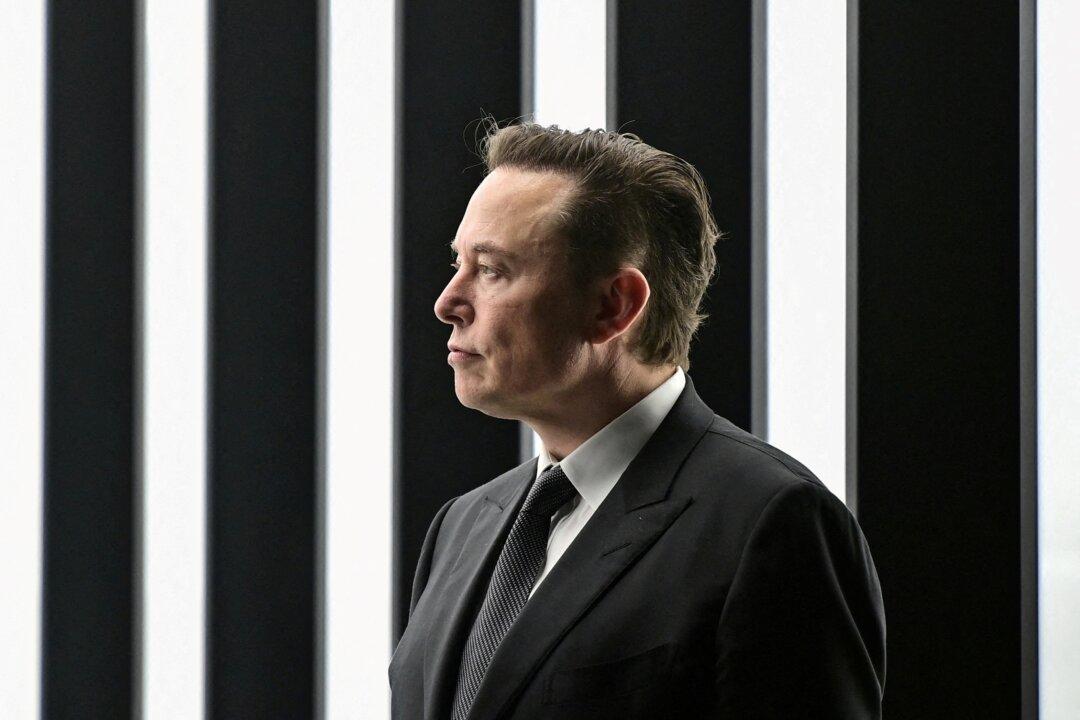The House panel investigating the weaponization of the federal government said Tuesday the Federal Trade Commission (FTC) has orchestrated “an aggressive campaign to harass Twitter” as part of its “unusual response” to Elon Musk’s acquisition of the social network.
The Committee on the Judiciary and the Select Subcommittee on the Weaponization of the Federal Government released an interim report highlighting the FTC’s apparent overreach in making more than 350 specific demands for information within a period of less than three months after Musk took the helm.





